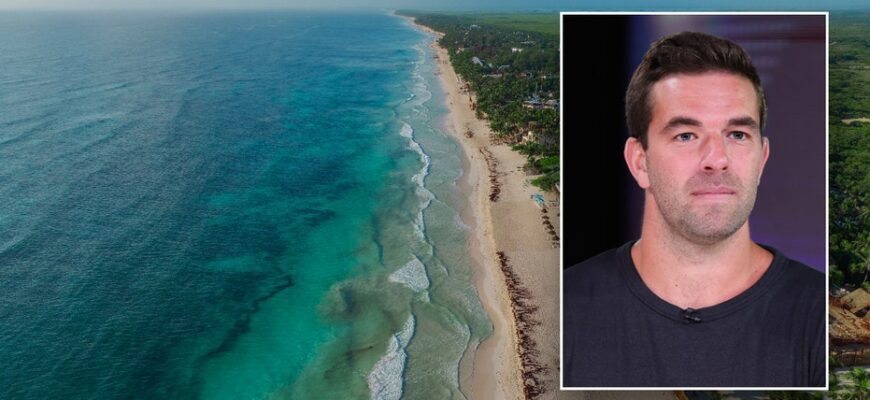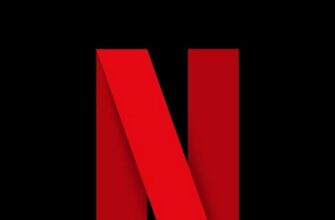Social Media’s Role in Idolizing Failure: A Look at Fyre Festival 2
The revival of the infamous Fyre Festival – now dubbed “Fyre Festival 2” – highlights a troubling trend within our digital culture. Former social media designer for the original event, Oren Aks, spoke with Fox News Digital about this phenomenon, arguing that platforms are fueling an obsession with failure and the individuals who embody it. He described the situation as essentially a prolonged “meme,” continuously recirculated due to its notoriety.
The initial Fyre Festival, scheduled for 2017 in the Bahamas, promised attendees a luxurious music experience—high-end accommodations, gourmet food, and headlining musical acts—for thousands of dollars. Instead, participants received rudimentary tents, inadequate food service, and a drastically scaled-back event. The subsequent postponement and refunding of tickets for Fyre Festival 2, now planned for Playa del Carmen, Mexico, further exemplifies this cycle.
Aks explained that the public’s fascination isn’t simply about the original disaster; it’s a broader trend of creating icons around individuals who represent spectacular failure. “We look at them like they’re iconic, like, ‘Oh what’s she wearing to court?’… It’s not necessarily about their actual character, but rather this narrative we’ve constructed around their downfall,” he stated. This echoes the way figures like Anna Delvey or even individuals involved in high-profile criminal cases – such as Luigi Mangione – have gained notoriety through social media.
He noted a significant difference between how society generally acknowledges successful entrepreneurs and how it embraces those who engage in fraud and deception. “It used to be this inspirational route… to move up a ladder or earn a living,” Aks elaborated, contrasting that with the current fascination with “scammers and ‘money grubbers’,” often elevated to status of heroes or freedom fighters within online communities.
The case of Billy McFarland, the Fyre Festival’s creator, is central to this dynamic. Despite his conviction for fraud and a subsequent prison sentence, there remains a segment of the public eager to see him succeed with Fyre Festival 2, perhaps fueled by a desire to witness a “second chance” or simply revel in the spectacle of failure. As Aks put it, “If you meet Billy, you wouldn’t be impressed,” suggesting that his personal qualities don’t align with this idealized image.
Aks recounted the moment he realized the project was doomed: “When we arrived, the point where it really hit me was actually… going over this hill and kind of descending into the valley where the beach area where the festival was taking place and seeing the tents and the actual media center stage area and … nothing was there.” The lack of infrastructure – the FEMA or UN-style tents – starkly contrasted with the promised luxury, signaling a fundamental breakdown in logistics.
Despite recent denials from Fyre Festival organizers regarding official cooperation with Playa del Carmen authorities—including a press conference featuring government representatives—and subsequent statements disputing claims of misinformation, the event’s continued existence demonstrates the enduring appeal of this “meme.” Tickets still begin at $1400 per person and can reach over $1 million for exclusive packages. The original Fyre Festival’s failure resulted in a 2021 settlement with ticket holders, awarding each recipient $7,220.
Furthermore, the viral nature of documentaries about the event on platforms like Hulu and Netflix has cemented its place within popular culture, amplifying the fascination surrounding McFarland and the Fyre Festival saga. The hashtag #fyrefraud became a trending topic, showcasing how social media can rapidly disseminate and amplify narratives around failure and controversy.









